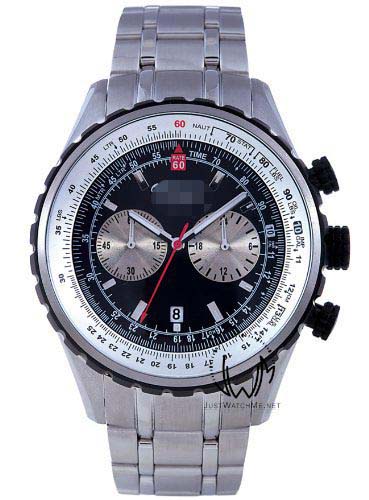In the world of watches, the term ‘Swiss made' denotes much more than country of origin but rather a mark of prestige. "Made in Switzerland"has become a hallmark of high-quality watches and is renowned for well-made, attractive, and long-lasting timepieces.
Switzerland is a small country, so small that one has to question how they came to dominate the world of watches. Watch and timepiece-making traditions amongst the Swiss date back centuries. Before the Swiss, the world's top watchmakers were Dutch and French. Despite the countries small size, Swiss watchmakers rose to dominance in the international watch market and retained their high standing to the present day.
The Swiss didn't actually begin the portable clock trend. That innovation is down to the German's who invented a miniature clock somewhere between 1509 and 1510. However, these were yet to be worn at the wrist and were instead used as jewelry and outward adornment.
The rise of Swiss watchmaking came about due to a volatile period in Europe's history. The story begins at the start of the protestant reformation. Beginning in Germany, the protestant reformation was a spark that ignited tension and conflict across Europe. Religion wasn't the only factor affected by this upheaval. The reformation shook up all aspects of society and economics.
And when tension turned to violence, Switzerland was a politically neutral safe haven to which watchmakers across Europe fled. With Switzerland's sudden increase in immigrants and history of watchmaking, they had all the ingredients needed to reinvent the future of European watchmaking. Top watchmakers, specifically from France, moved into the capital city, Geneva, creating a hub of talented craftspeople ready to sell their wares.
One of the significant factors affecting watchmakers' relocation to Geneva was prominent protestant reformist John Calvin. Most famous for the theological theory of Calvinism, John Calvin promoted austerity and piousness, which lead to a ban on jewelry within the city of Geneva. But there was a loophole; portable timepieces didn't count as jewelry. Before the ban, Geneva was renowned for its robust jewelry, and the cities goldsmiths and jewelers were now out of a job. So the cities jewelers turned to watchmaking to make a living and received guidance from the French watchmakers who had just relocated to Geneva.
This lead to the creation of the luxury watch as we know it today, and Switzerland has remained one of the finest Watches Manufacturers of luxury timepieces in the world.









